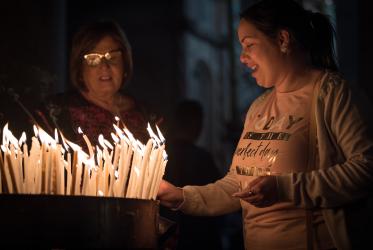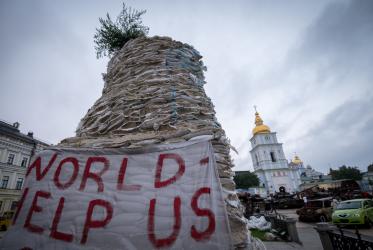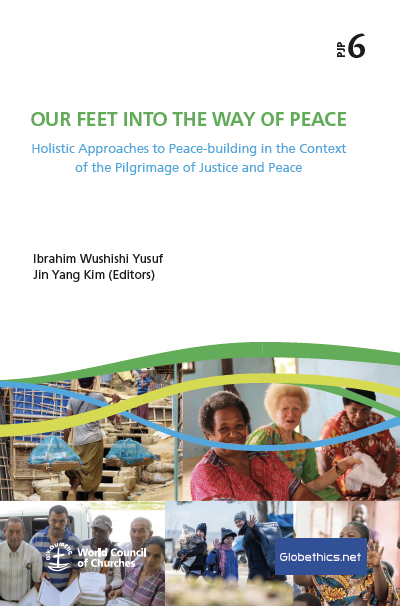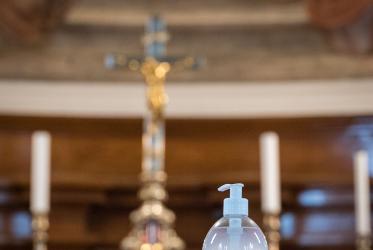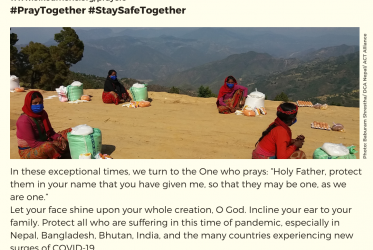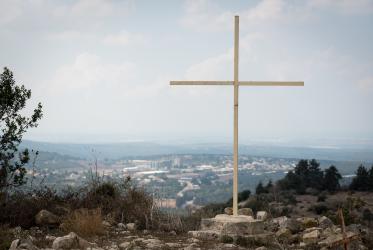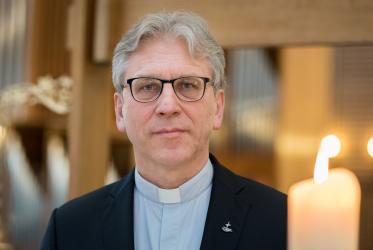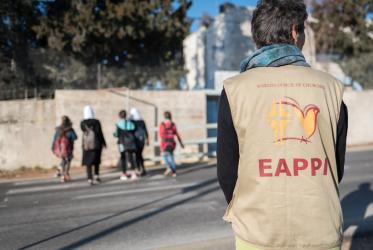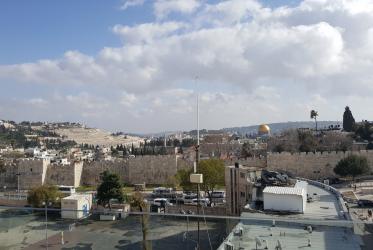Displaying 1 - 20 of 31
29 February 2024
Our Feet into the Way of Peace: PJP Series 6
Holistic Approaches to Peace-building in the Context of the Pilgrimage of Justice and Peace
19 August 2022
World mourns loss of Archbishop Desmond Tutu
30 December 2021
Morning Prayer for Monday, 17 May 2021
17 May 2021
A visionary missionary heads home
25 March 2020
Dr Saïd Ailabouni: God is on the side of rejected, oppressed, occupied
12 September 2019
WCC invites all to join World Week of Peace in Palestine and Israel
17 September 2018
Broken glass of hope grown out of rubble
16 July 2018
WCC condemns intended demolition in Bedouin village
13 July 2018
